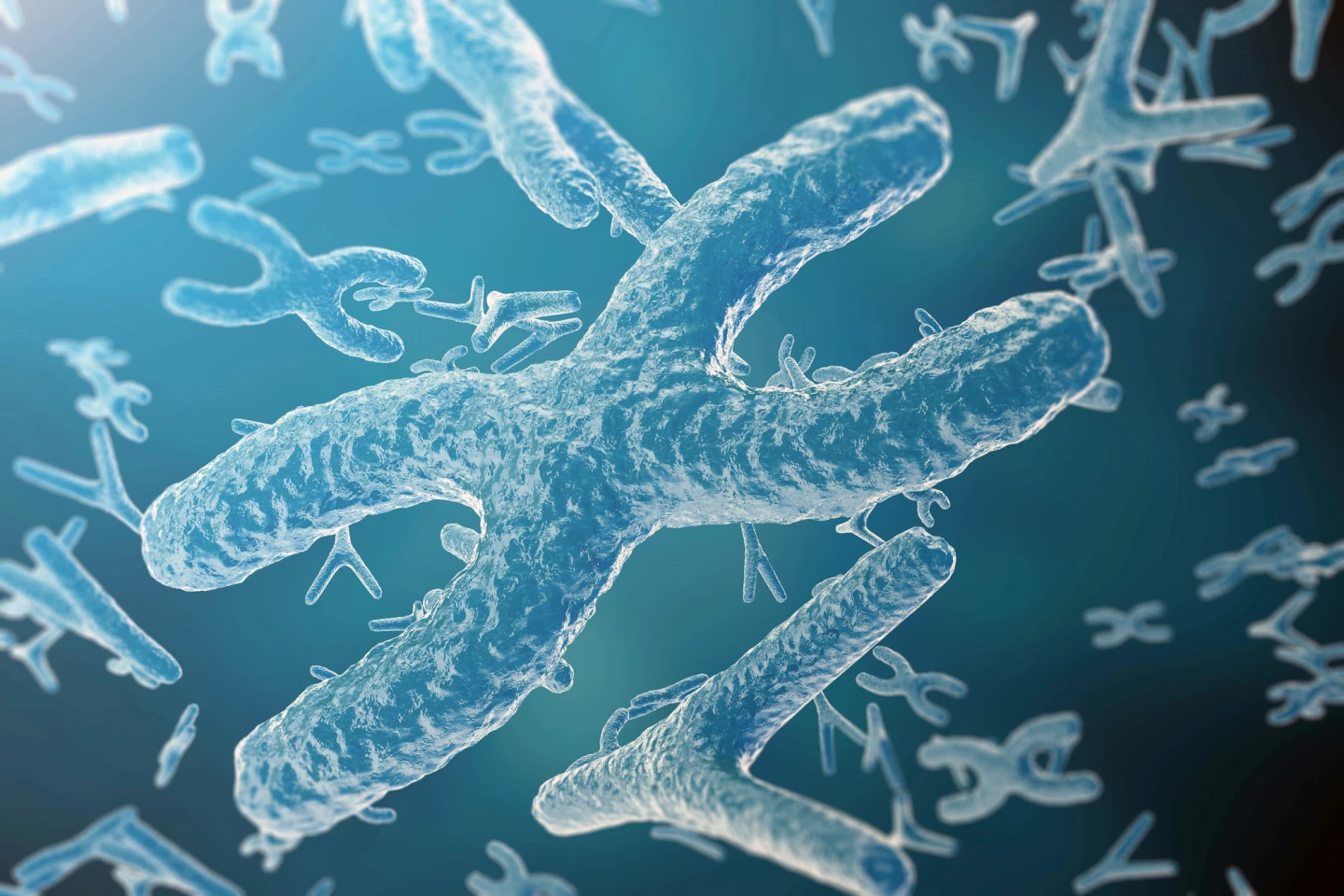New research shows cannabis can speed up egg maturation but at the cost of egg quality, increasing the risk of abnormal embryos. Fertility experts say even occasional use may compromise IVF success and pregnancy chances.
Cannabis consumption has become more widespread since more countries have legalized or decriminalized its use. As a result, in recent years, there has been more research to investigate the drug’s effects on health, both good and bad.
A new study by researchers from the CReATe Fertility Clinic and the University of Toronto, both in Canada, examined the effect of cannabis use on female fertility, particularly those women undergoing IVF treatment.
The researchers used two complementary approaches. In one, a clinical case-control study, they analyzed 1,059 follicular fluid samples from women undergoing IVF. THC, the main psychoactive substance in cannabis, and its breakdown products (metabolites) were measured directly in the fluid surrounding the eggs. IVF outcomes, such as egg maturation, fertilization, and embryo quality, were compared between cannabis users (those who were THC-positive) and matched non-users.
The second approach involved in vitro or lab-based experiments, where donated immature human eggs (that would otherwise have been discarded) were exposed to THC at levels similar to those found in patients’ ovaries. The researchers studied how THC affected egg maturation, gene activity, chromosomes, and spindle formation (the machinery that equally divides the chromosomes in a cell).
They found that THC reaches the egg’s environment, with THC and its metabolites found in the fluid around developing eggs. Interestingly, most THC-positive patients (73% of them) hadn’t disclosed their cannabis use. In both the clinical and lab settings, THC exposure was linked with slightly faster egg maturation. However, this “boost” in maturation wasn’t necessarily good. It appeared that THC sped up egg maturation, but at the cost of quality.
Eggs exposed to THC showed changes in the activity of hundreds of genes, especially those linked to chromosome stability, inflammation, and cell structure. THC increased the risk of chromosome segregation errors, or eggs with the wrong number of chromosomes. Additionally, abnormal spindle structures were more common in THC-exposed eggs. In IVF patients, THC use was linked to a significantly lower proportion of embryos with the correct number of chromosomes. Those that do have the correct number of 46 chromosomes (euploid embryos) are most likely to result in a healthy pregnancy.

The study, like most research, has limitations. The clinical data came from past IVF cycles, so the researchers couldn’t fully control for lifestyle or genetic differences. There was no data on frequency, dose, or method of cannabis consumption, and only immature eggs, which are less ideal for reproduction, were available for lab experiments.
Nonetheless, the findings have drawn comment from other experts in the field.
“The study suggests that consumption of cannabis might affect the outcome of IVF,” said Professor Mark Connor, PhD, Associate Dean of Macquarie University’s Faculty of Medicine. “The work did not address the potential effects of cannabis consumption on natural conception. THC having effects on oocyte [egg] physiology is consistent with the presence of receptors for our body’s cannabinoids in the human reproductive system, and we are only beginning to understand the effects of real-world cannabis consumption on human reproduction. This work is an interesting step forward.”
The study raises important clinical considerations, according to Associate Professor Alex Polyakov, an obstetrics, gynecology and fertility medicine specialist located in Melbourne, Australia.
“Based on these findings, fertility specialists should routinely ask about cannabis use, bearing in mind that patients often under-report,” Polyakov said. “Clear, non-judgmental counseling should highlight the potential impact on embryo quality, the increased risk of failure to conceive, and the risk of miscarriage.
“Patients should be advised to avoid cannabis use while attempting conception or undergoing IVF, as even occasional use may expose oocytes to THC … Larger prospective studies are needed to clarify dose-response effects, the impact of different cannabis preparations, and whether risks extend beyond IVF patients to natural conception.”
The study was published in the journal Nature Communications.
Source: Scimex






